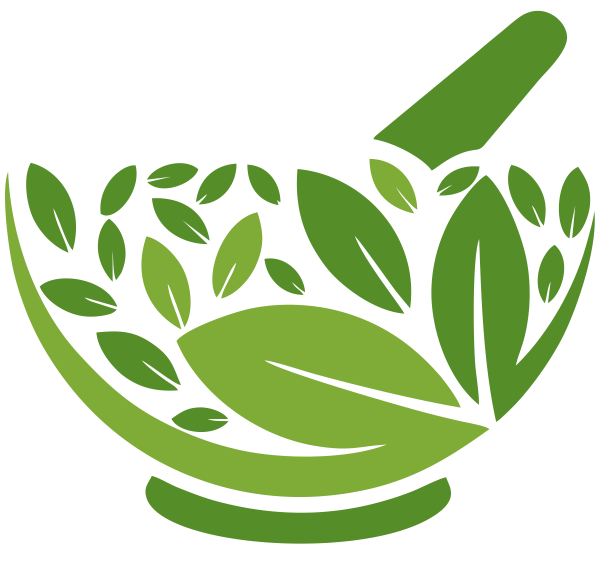

Excess Weight
BODY ORGANS
 gallbladder
gallbladder
 liver
liver
 stomach
stomach
 pancreas
pancreas
 kidneys
kidneys
SPINAL ADJUSTMENT
 entire lumbar area
entire lumbar area
EMOTIONAL ASPECTS
 fear
fear
 apprehension
apprehension
Fat provides the body with warmth and is therefore a comfort factor. But it is unhealthy. Unless there is a glandular problem, overweight people have a clear need for a low-fat diet using unsaturated polyacids and coldpressed oils rather than animal fats.
Many overweight people are fat because they eat to give themselves a feeling of being full. They have, a need to feel that they have really eaten.
Prevention
-  Eat when hungry, not by the clock.
Eat when hungry, not by the clock.
 Eat sitting down: no reading, speaking, or telephone calls.
Eat sitting down: no reading, speaking, or telephone calls.
 Eat more pungent, hot, putrid, astringent, bitter foods. (see The Eight Different Tastes)
Eat more pungent, hot, putrid, astringent, bitter foods. (see The Eight Different Tastes)
 Cut down on sweet, sour, salty foods.
Cut down on sweet, sour, salty foods.
 Eat to satisfy half your hunger and avoid starch where possible.
Eat to satisfy half your hunger and avoid starch where possible.
 Eat starch with minerals, proteins with minerals, and fat with minerals.
Eat starch with minerals, proteins with minerals, and fat with minerals.
 Do not eat starch with protein and do not eat starch with fat as a general rule. But do not become over-idiosyncratic. Remember, all foods contain proteins, fats, carbohydrates and minerals. It is only their proportions that vary.
Do not eat starch with protein and do not eat starch with fat as a general rule. But do not become over-idiosyncratic. Remember, all foods contain proteins, fats, carbohydrates and minerals. It is only their proportions that vary.
FRESH JUICE RECIPE
Combine equal amounts of the following juices:
 carrot
carrot
 celery
celery
 spinach
spinach
 cucumber
cucumber
Drink 2-3 litres a day, undiluted. Chew celery or a courgette while drinking the juice.
![]()
